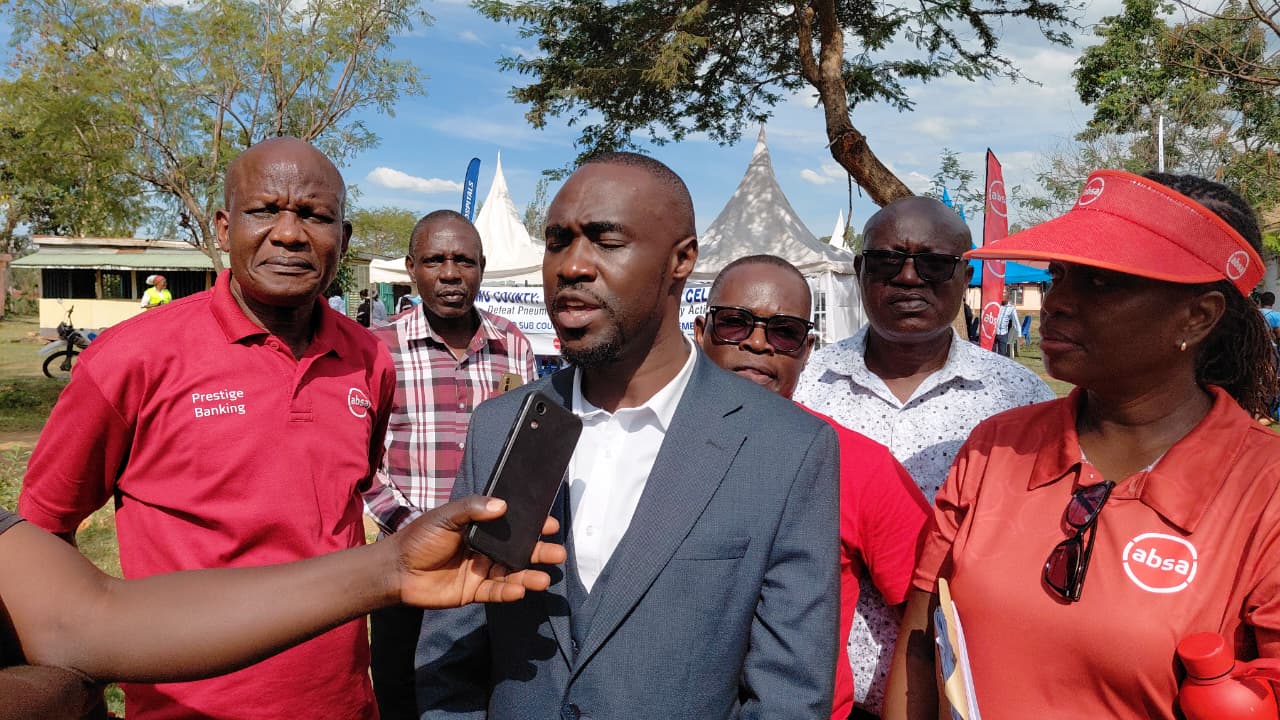Pneumonia remains one of the most stubborn child killers in Kenya. Despite being a preventable disease, it still cuts short young lives in alarming numbers. In Kisumu County, the grim reality is reflected in data from the Kenya Demographic and Health Survey 2022, which places the under-five mortality rate at 58 deaths per 1,000 live births, with pneumonia accounting for 15 percent of these fatalities.
The county’s health leadership is now calling for a policy change to allow trained Community Health Promoters (CHPs) to administer antibiotics at the community level.
Speaking during the World Pneumonia Day commemoration at Katito Sub-county Hospital, County Director of Public Health, Fredrick Oluoch, said it is time to rethink access to life-saving treatment for children under five.
“We must empower Community Health Promoters with the right tools, training and supervision to treat pneumonia at home before it turns fatal,” he urged. “Accessibility is the missing link and that gap is costing lives.”
His words echo a growing consensus among public health experts that Kenya’s fight against pneumonia cannot be won solely in hospitals. Pneumonia moves fast and in remote villages, where clinics are miles away, CHPs are often the first and sometimes the only, line of defense.
Yet under current policy, these frontline workers can only identify symptoms and refer patients, even in urgent cases where the delay could mean death. The proposed shift would place them in a position to diagnose, treat and follow up mild pneumonia cases under strict supervision, as is the successfull approach implemented in several African and Asian countries.
Evidence from the Kenya Health Information System (KHIS 2022–2025) shows Kisumu (7.5%) ranks among the counties hardest hit by pneumonia, alongside Narok, Mandera, Marsabit and Wajir. These are areas where distances to health facilities and resource limitations severely hinder timely care.
Empowering CHPs with antibiotics alongside proper training, reporting tools and oversight could drastically reduce pneumonia deaths. It would also ease pressure on health facilities and promote early intervention, which is both cost-effective and lifesaving.
But this policy shift requires careful design: clear guidelines, adequate supervision and regular refresher training to ensure responsible use of antibiotics and guard against drug resistance. The balance between accessibility and accountability must be maintained.
The momentum is right. Kisumu’s Department of Health, under the leadership of Dr. Gregory Ganda and the county’s renewed focus on preventive health, has already demonstrated commitment by equipping all sub-county facilities with oxygen supply systems in a strategic step in managing severe pneumonia cases.
Now, the national and county governments, working with partners such as UNICEF, USAID among other key players in the health sector, must translate policy talk into tangible action. Lives are being lost to preventable circumstances, not incurable disease.
The Community Health Promoters have proven their competence and dedication. With proper support, they can deliver antibiotics safely, monitor outcomes and save thousands of children who might otherwise not reach a hospital in time.
Pneumonia should no longer be a silent killer lurking in our villages. Kisumu’s call for policy change is both timely and moral. It is also a reminder that every breath counts, and every policy decision matters.












